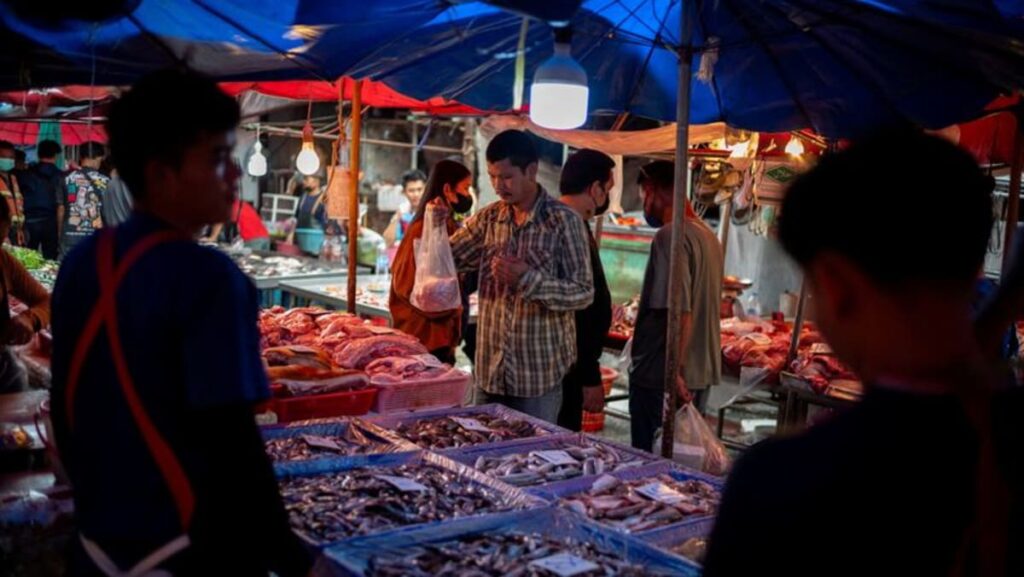The Pheu Thai party’s failure to fully implement the scheme had damaged its credibility, said political analyst Sukhum Nuansakul.
“The digital wallet project hasn’t worked,” he added. “People hoped they would get it and they waited for it, but didn’t get it.”
The remaining 16 million people registered for handouts should be notified, said Thirachai Phuvanatnaranubala, deputy leader of the opposition Palang Pracharath Party.
“The government should tell the truth to these people that it actually won’t be able to continue the programme due to budget and technical problems,” he said in a statement.
GROWTH AND DEBT
Three months after its launch, the stimulus plan had been unable to boost consumption, mainly because the handouts were sometimes used to pay down debt, central bank Governor Sethaput Suthiwartnarueput told Reuters this year.
Thailand’s household debt is among Asia’s highest, at 88.4 per cent of gross domestic product.
On the campaign trail, the party floated the scheme as a multibillion-dollar initiative to kick-start Thailand’s pandemic-hit economy and reach annual growth of about 5 per cent.
Yet, the US$550-billion economy expanded by just 2.5 per cent last year, lagging regional peers, and this year looks even worse.
Since launching the scheme last September, after numerous adjustments and delays, the government has distributed just over a third of the earmarked 450 billion baht (US$14 billion).
The first tranche of 144.5 billion baht in September went to welfare cardholders and people with disabilities, with a second phase of 29.9 billion baht delivered to senior citizens in late January.
The 157 billion baht meant for the scheme’s next stages will now go to fund projects to help the economy cope with the impact of proposed US tariffs, on advice from the central bank and a state planning agency.
“Both of them asked us to reconsider, to see if this money can be used for something more urgent and necessary than the digital money handout,” Paetongtarn said when announcing the delay.
Thailand faces a US tariff of 36 per cent if it cannot negotiate a reduction before expiry of a July deadline, until which a rate of 10 per cent prevails.
Last month the state planner shaved its economic growth forecast for this year by one percentage point, to a range of 1.3 per cent to 2.3 per cent, warning that the tariff impact would last for two years.
The government’s mismanaged policies are reflected in GDP growth of just 2 per cent in 2023 and 2.5 per cent in 2024, said Prakit Siriwattanaket, managing director of Merchant Partners Asset Management.
“The downside of the digital wallet is that it didn’t stimulate the economy as they thought,” he said. “It’s an extremely wasteful handout.”
https://www.channelnewsasia.com/asia/thailand-cash-handout-scheme-stalled-pheu-thai-party-voters-sour-5162196


